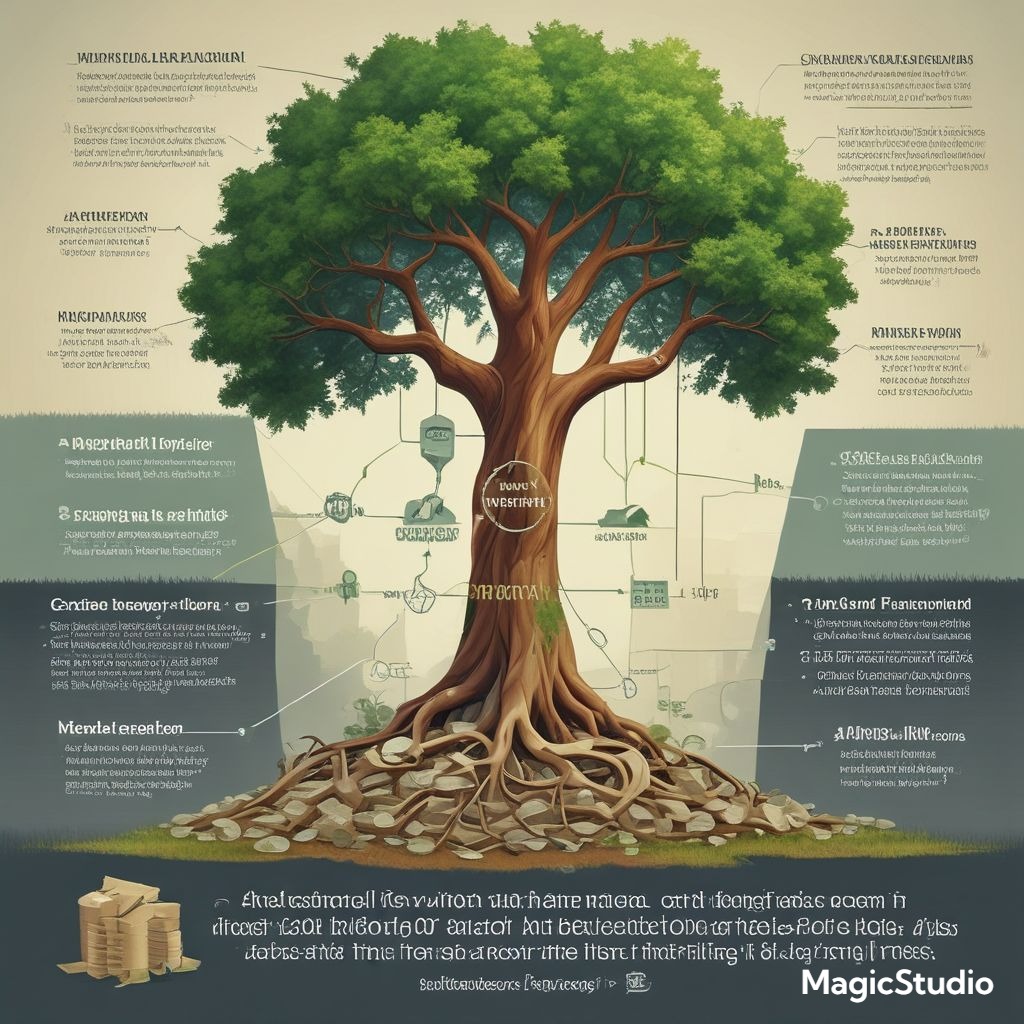Financial education is more than just a trendy buzzword; it’s a fundamental pillar of wealth building. Understanding financial concepts, tools, and strategies empowers individuals to make informed decisions that can significantly impact their financial futures. In this blog, we’ll explore the vital role financial education plays in wealth building, its benefits, and actionable steps to enhance your financial literacy.
1. Understanding Financial Concepts
Financial education provides a solid foundation of essential concepts that are critical for managing personal finances effectively.
Key Concepts to Grasp:
- Budgeting: Learning how to create and maintain a budget helps individuals track income and expenses, ensuring they live within their means.
- Saving and Investing: Understanding the difference between saving for short-term goals and investing for long-term growth is crucial for building wealth.
- Debt Management: Knowledge of how to manage and reduce debt can prevent financial pitfalls and enhance financial stability.
2. Making Informed Decisions
Financial education equips individuals with the knowledge necessary to make informed financial decisions, reducing the likelihood of costly mistakes.
Informed Decision-Making Includes:
- Choosing Investments: Understanding various investment options, such as stocks, bonds, and mutual funds, helps individuals select investments that align with their goals and risk tolerance.
- Understanding Financial Products: Knowledge of financial products, such as mortgages, credit cards, and insurance, enables individuals to choose the best options for their situations.
3. Developing a Wealth-Building Mindset
Financial education fosters a wealth-building mindset, encouraging individuals to think long-term about their financial futures.
Cultivating a Wealth Mindset:
- Setting Goals: Educated individuals are more likely to set specific, achievable financial goals, whether it’s saving for retirement, purchasing a home, or funding a child’s education.
- Embracing Investment Opportunities: A solid understanding of investing encourages individuals to explore opportunities that can lead to passive income and long-term wealth accumulation.
4. Building Financial Resilience
Financial education enhances an individual’s ability to withstand financial challenges and setbacks, promoting resilience.
How Education Fosters Resilience:
- Crisis Preparedness: Understanding the importance of emergency funds and insurance can help individuals navigate unexpected financial crises.
- Adaptability: Educated individuals are better equipped to adapt their financial strategies in response to changing circumstances, such as job loss or market fluctuations.
5. Improving Financial Literacy Across Generations
Investing in financial education not only benefits individuals but also helps improve financial literacy within families and communities.
Cross-Generational Benefits:
- Teaching Children About Money: Educated individuals are more likely to teach their children about money management, fostering a culture of financial literacy that can lead to long-term wealth building.
- Community Empowerment: Financially educated individuals can share their knowledge with others, creating a ripple effect that improves financial literacy within their communities.
6. Utilizing Available Resources
There are numerous resources available to enhance financial education, making it easier than ever to build financial literacy.
Resource Options:
- Online Courses and Workshops: Platforms like Coursera, Udemy, and local community colleges offer courses on personal finance, investing, and budgeting.
- Books and Podcasts: A wealth of literature and podcasts are dedicated to financial education, providing insights from experts and successful investors.
- Financial Advisors: Working with a certified financial advisor can offer personalized guidance and education tailored to individual financial situations.
7. Creating a Personal Financial Plan
Financial education empowers individuals to create and implement a personal financial plan that aligns with their goals.
Steps to Create a Financial Plan:
- Assess Your Current Situation: Evaluate your income, expenses, assets, and liabilities to understand your financial health.
- Set Clear Goals: Define short-term and long-term financial goals, ensuring they are specific and measurable.
- Develop a Budget: Create a budget that accounts for necessary expenses, savings, and discretionary spending.
- Invest Wisely: Based on your goals and risk tolerance, choose investment options that will help you grow your wealth over time.
8. The Long-Term Benefits of Financial Education
Investing time in financial education can yield significant long-term benefits, enhancing not only individual wealth but also overall quality of life.
Long-Term Benefits Include:
- Increased Wealth Accumulation: Educated individuals are more likely to make strategic financial decisions that lead to greater wealth accumulation over time.
- Reduced Financial Stress: With a solid understanding of personal finance, individuals experience less anxiety about money, leading to improved overall well-being.

